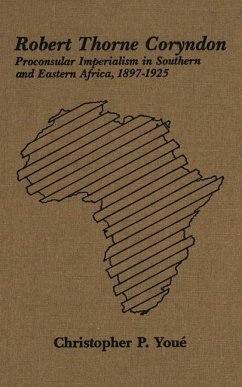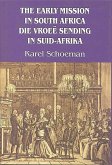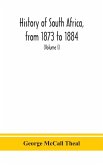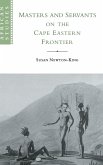Robert Thorne Coryndon, born in South Africa in 1870, served twenty-eight years as the top-ranking administrator of African dependencies, a career unmatched by any other British colonial governor. "Governors were expected, through a combination of good sense and good character, to exercise rule over dependent peoples in an honest and impartial manner--an amalgam of liberal values and autocratic methods which lent a certain ambiguity to British imperial rule in Africa and elsewhere." During his rule in Barotseland (1897-1907) under Cecil Rhodes' British South Africa Company, Coryndon confronted the problems of establishing a colonial regime; in 1914-1915, during the last seven years of his Swaziland appointment, he served as Chairman of the land commission that delineated the boundaries of African reserves in Southern Rhodesia; as governor of Uganda during a time of rapid economic expansion (1917-1922), he set up legislative and executive councils; and as governor of Kenya (1922-1925) he formed local native councils as an experiment in indigenous administration. This first full-length study of Coryndon is neither a traditional gubernatorial biography of a favoured son of the imperial school nor an ideological history of colonial oppression. Instead Youé sets out to analyze Coryndon's relationships with African rulers, white settlers, Indian traders, and metropolitan officials in order to assess the impact of his administrations on the territories he governed and to delineate the constraints on proconsular rule.







